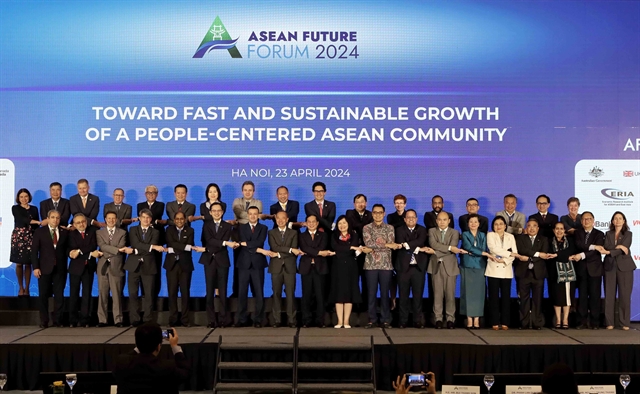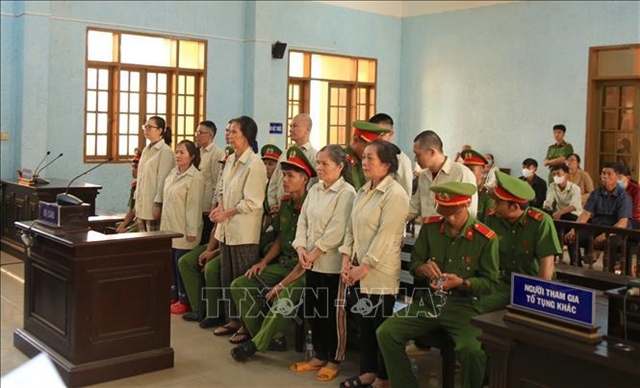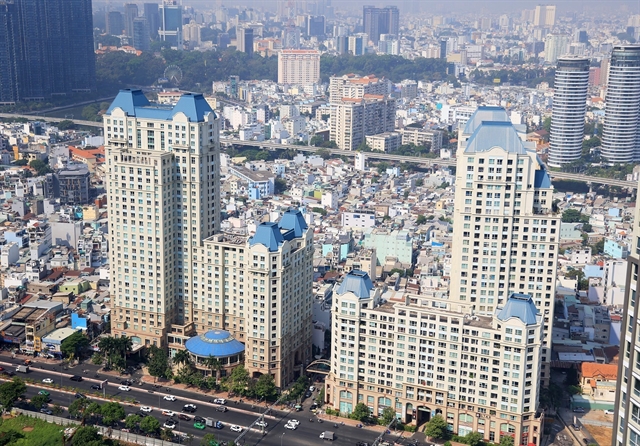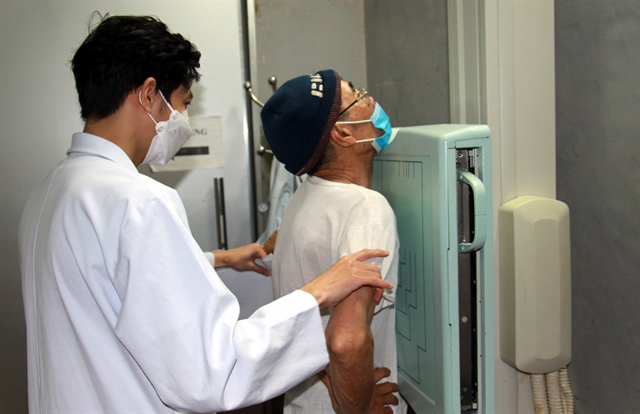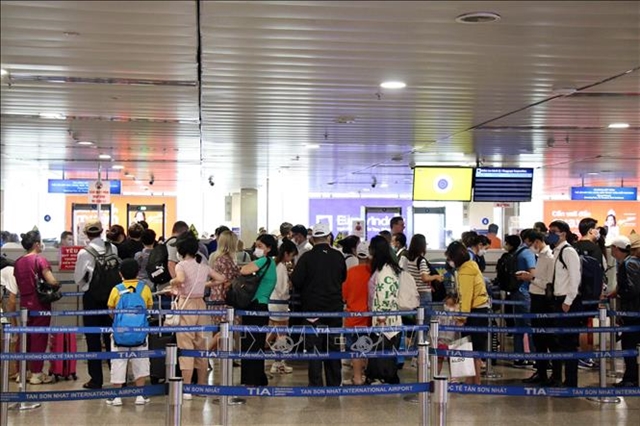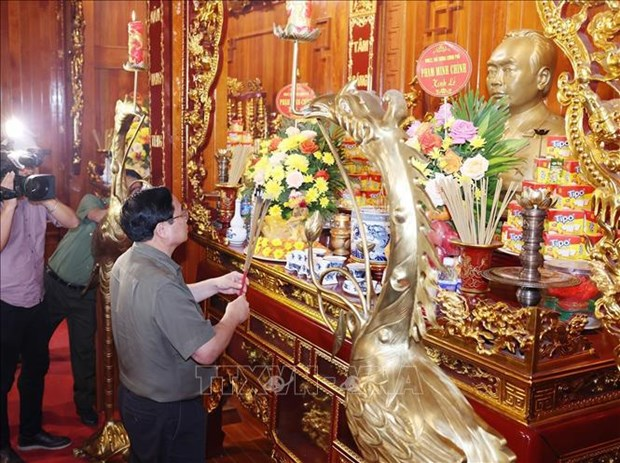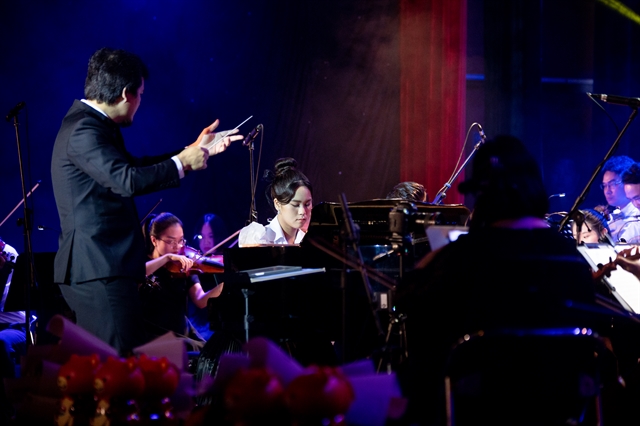 Life & Style
Life & Style
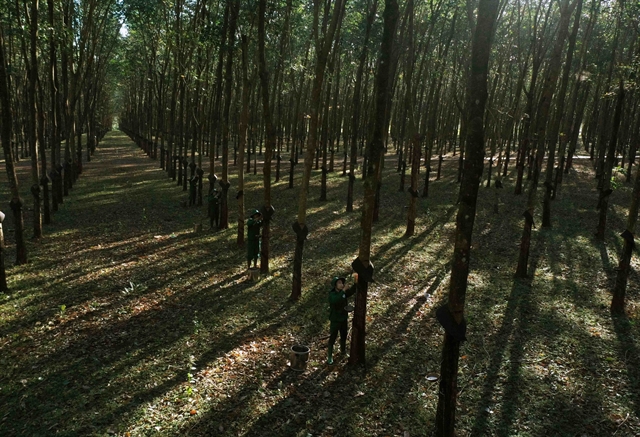
Morocco Gate (Ba Vì District, Hà Nội), a symbol of Việt Nam - Morocco friendship, has been renovated.
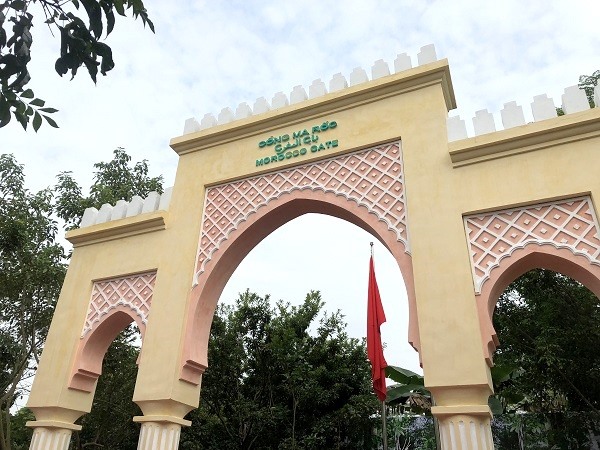 |
| The renovated Morocco Gate is a symbol of friendship between Việt Nam and Morocco. — Photo courtesy of the embassy |
HÀ NỘI — Morocco Gate (Ba Vì District, Hà Nội), a symbol of Việt Nam-Morocco friendship, has been renovated.
Vice Chairman of the People’s Committee Ngô Văn Quý and Moroccan Ambassador Azzeddine Farhane attended the inauguration ceremony on Saturday.
Morocco Gate was built between 1956 and 1960 by Moroccan soldiers who left the French army and joined the Liberation Army of Việt Nam (Việt Minh) during the Indochina war.
From 1946 to 1954, they fought alongside Vietnamese people for the independence of the nation.
The gate was built with Vietnamese materials, inspired by the Moorish architectural style of Moroccan imperial cities.
“This historical and cultural relic is part of the collective domain of historical heritage that Morocco and Việt Nam have in common, especially our aspiration for peace and international security as well as political and economic prosperity,” said Ambassador Farhane.
“The monument reflects the profound traditional friendship and embodies the historical relations between Morocco and Việt Nam since the establishment of their diplomatic relations in 1961.”
Indeed, at the request of President Hồ Chí Minh, the Moroccan communist party sent a syndicalist Mhammed ben Aomar lahrech Maarouf to supervise Moroccan soldiers in the struggle of independence and freedom of Việt Nam.
President Hồ named him “Anh Mã” which means “brother horse” thanks to his leadership and actions within the Moroccan Army.
After appealing to Anh Mã, the Moroccan soldiers began building the gate with the same architectural style as Bab Almansour in Rabat or Bab Boujloud in Fes.
The Morocco Gate bears the message of peace and friendship of peoples, throughout the world, from President Hồ.
It is the only example of Muslim architectural and cultural work in the Moroccan style that exist in the whole of Asia, expressing the love and humanity of the Vietnamese people. — VNS

